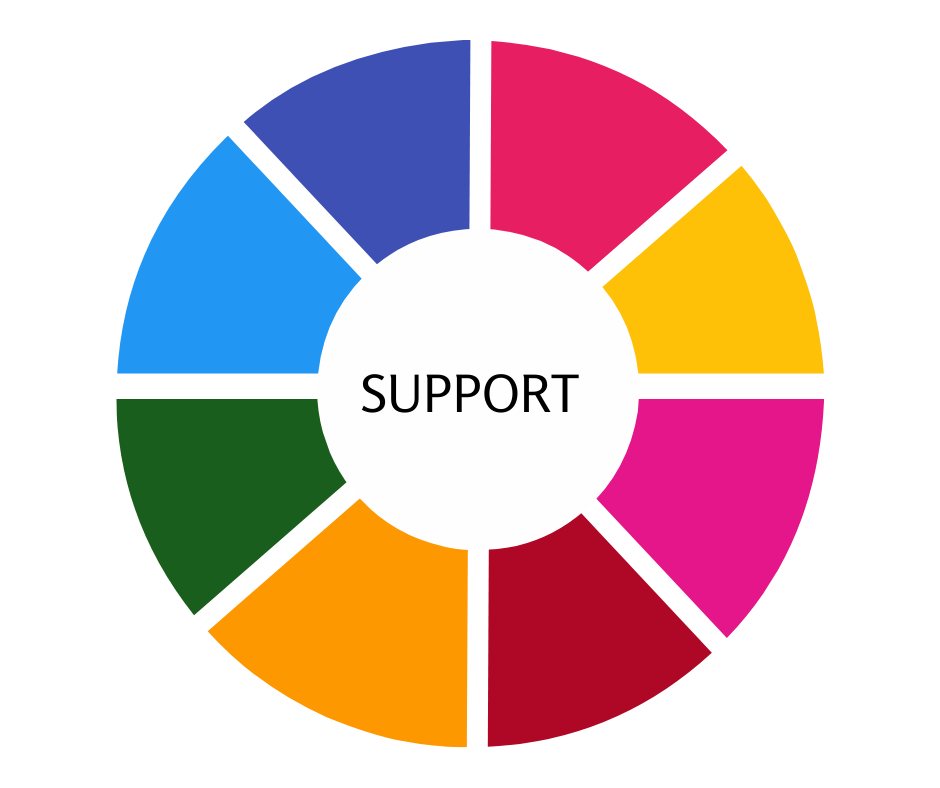I think I know what you mean (but I’m not sure)

Let’s imagine you want more support from your boss.
Or your team member wants more of your support.
Fair enough. But Support can mean any number of things. If we assume and don’t state clearly what we want or don’t ask searching questions so we understand what our team members want, we’ll often be talking at cross purposes.
Which wastes time and money, reduces morale and causes unnecessary frustration.
So let’s stop wasting time trying to be mind readers or expecting everyone else to ‘just know’ what we mean.
Case in point: One of my clients wanted ‘more support’ which meant she wanted more opportunities to discuss her career development opportunities with her boss. And she expected her boss to ‘know’ that.
But mind reading is not a skill many of us possess.
I often speak to people who have received a message or an email or some feedback and they say, ‘I think what she’s asking is……’ or I’m not sure what he meant, but I think it might mean……’
Trying to second guess meaning is such a waste of our time!
Here’s a quick team exercise that makes the point clearly – you can do it with any word you choose:
Draw a big circle with eight segments (like a big pizza). Put a key word in the centre (it could be something like ‘support’ or ‘engagement’ or ‘motivation’.) Ask each team member to put one word or phrase in each segment that sums up what that word means to them.
Then see how different they are.
Hello clarity, goodbye ambiguity, hello some great discussions and insights.
To your (unambiguous) success, always.



